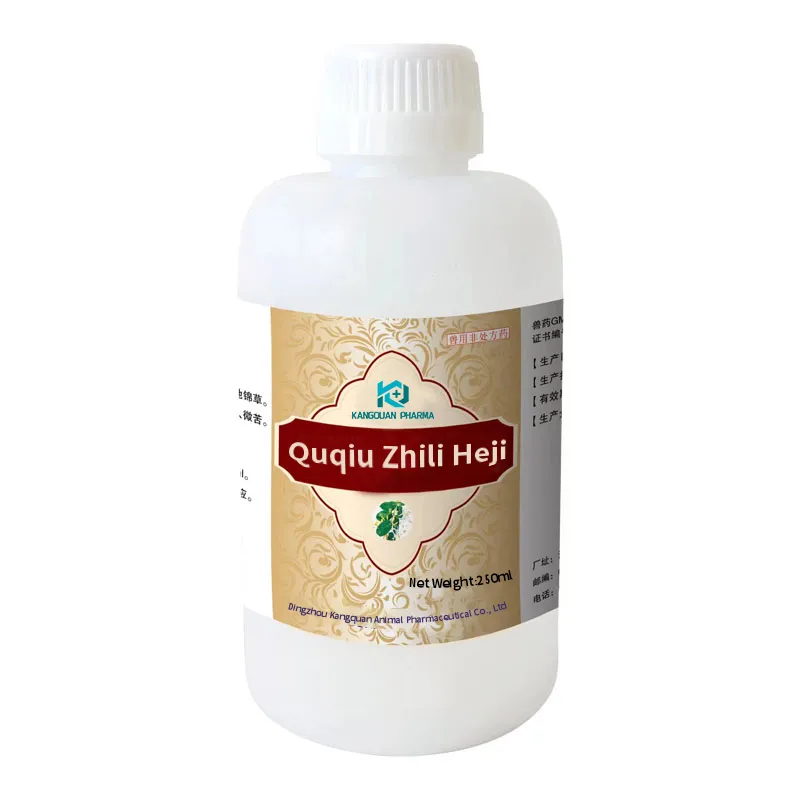- Afrikaans
- Albanian
- Amharic
- Arabic
- Armenian
- Azerbaijani
- Basque
- Belarusian
- Bengali
- Bosnian
- Bulgarian
- Catalan
- Cebuano
- Corsican
- Croatian
- Czech
- Danish
- Dutch
- English
- Esperanto
- Estonian
- Finnish
- French
- Frisian
- Galician
- Georgian
- German
- Greek
- Gujarati
- Haitian Creole
- hausa
- hawaiian
- Hebrew
- Hindi
- Miao
- Hungarian
- Icelandic
- igbo
- Indonesian
- irish
- Italian
- Japanese
- Javanese
- Kannada
- kazakh
- Khmer
- Rwandese
- Korean
- Kurdish
- Kyrgyz
- Lao
- Latin
- Latvian
- Lithuanian
- Luxembourgish
- Macedonian
- Malgashi
- Malay
- Malayalam
- Maltese
- Maori
- Marathi
- Mongolian
- Myanmar
- Nepali
- Norwegian
- Norwegian
- Occitan
- Pashto
- Persian
- Polish
- Portuguese
- Punjabi
- Romanian
- Russian
- Samoan
- Scottish Gaelic
- Serbian
- Sesotho
- Shona
- Sindhi
- Sinhala
- Slovak
- Slovenian
- Somali
- Spanish
- Sundanese
- Swahili
- Swedish
- Tagalog
- Tajik
- Tamil
- Tatar
- Telugu
- Thai
- Turkish
- Turkmen
- Ukrainian
- Urdu
- Uighur
- Uzbek
- Vietnamese
- Welsh
- Bantu
- Yiddish
- Yoruba
- Zulu
nov . 18, 2024 11:00 Back to list
Effective Treatments for Upper Respiratory Infections and Their Benefits
Effective Medications for Upper Respiratory Infections
Upper respiratory infections (URIs) are among the most common illnesses, affecting millions of people every year. These infections primarily involve the nose, throat, and sinuses, often associated with symptoms such as a runny or stuffy nose, sore throat, cough, and general malaise. While URIs are typically caused by viral agents, such as the common cold or flu, they can also result from bacterial infections. Understanding the appropriate medications for managing the symptoms can aid in a quicker recovery and provide relief.
Over-the-Counter Medications
1. Decongestants These are often the first line of treatment for managing nasal congestion associated with URIs. Medications such as pseudoephedrine (Sudafed) and phenylephrine help to shrink swollen nasal passages, allowing for easier breathing. However, it's essential for individuals with high blood pressure to consult a doctor before use, as decongestants can elevate blood pressure.
2. Antihistamines Medications like diphenhydramine (Benadryl) and loratadine (Claritin) can help relieve symptoms such as sneezing and runny nose, especially if allergies exacerbate the URI. However, some antihistamines may cause drowsiness, so it is essential to be cautious when engaging in activities that require full attention.
3. Cough Suppressants These medications, including dextromethorphan, can provide relief from persistent coughing. Cough suppressants work best for dry or non-productive coughs. If the cough is productive, expectorants like guaifenesin can help thin mucus, making it easier to expel.
4. Pain Relievers and Fever Reducers Nonsteroidal anti-inflammatory drugs (NSAIDs) such as ibuprofen (Advil, Motrin) and acetaminophen (Tylenol) can help alleviate fever, headaches, and body aches associated with URIs. These medications lessen discomfort and can help maintain a person’s ability to rest and recover.
what medicine is good for a upper respiratory infection

Prescription Medications
In some cases, if a bacterial infection is suspected, a healthcare professional may prescribe antibiotics. However, antibiotics are ineffective against viral infections, and their misuse can lead to antibiotic resistance. Therefore, it is crucial to consult a healthcare provider for a proper diagnosis before starting any prescription medication.
Home Remedies and Supportive Care
In addition to over-the-counter options, several home remedies can provide symptom relief. Staying hydrated, using saline nasal sprays, and inhaling steam can help ease congestion. Gargling with salt water may soothe a sore throat as well. Furthermore, rest is vital for recovery, as the body needs time to fight off the infection.
Conclusion
While upper respiratory infections are usually self-limiting, the symptoms can be uncomfortable. Utilizing a combination of over-the-counter medications, prescription treatments if necessary, and supportive home care can help manage symptoms effectively. Always consult a healthcare professional before starting any medication, especially for those with pre-existing conditions or who are taking other medications. Getting the right treatment can make a significant difference in recovery time and overall well-being.
-
Guide to Oxytetracycline Injection
NewsMar.27,2025
-
Guide to Colistin Sulphate
NewsMar.27,2025
-
Gentamicin Sulfate: Uses, Price, And Key Information
NewsMar.27,2025
-
Enrofloxacin Injection: Uses, Price, And Supplier Information
NewsMar.27,2025
-
Dexamethasone Sodium Phosphate Injection: Uses, Price, And Key Information
NewsMar.27,2025
-
Albendazole Tablet: Uses, Dosage, Cost, And Key Information
NewsMar.27,2025













